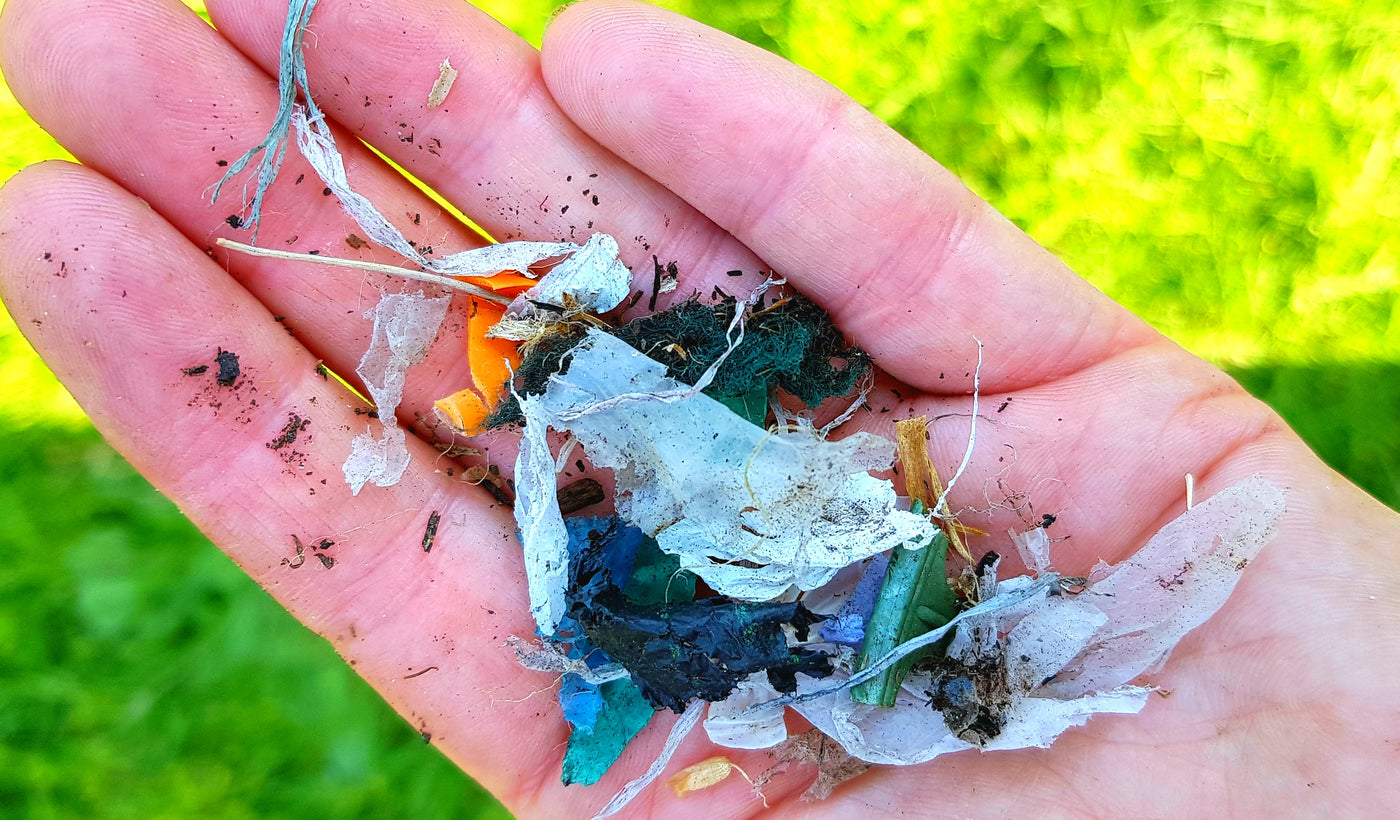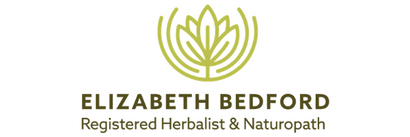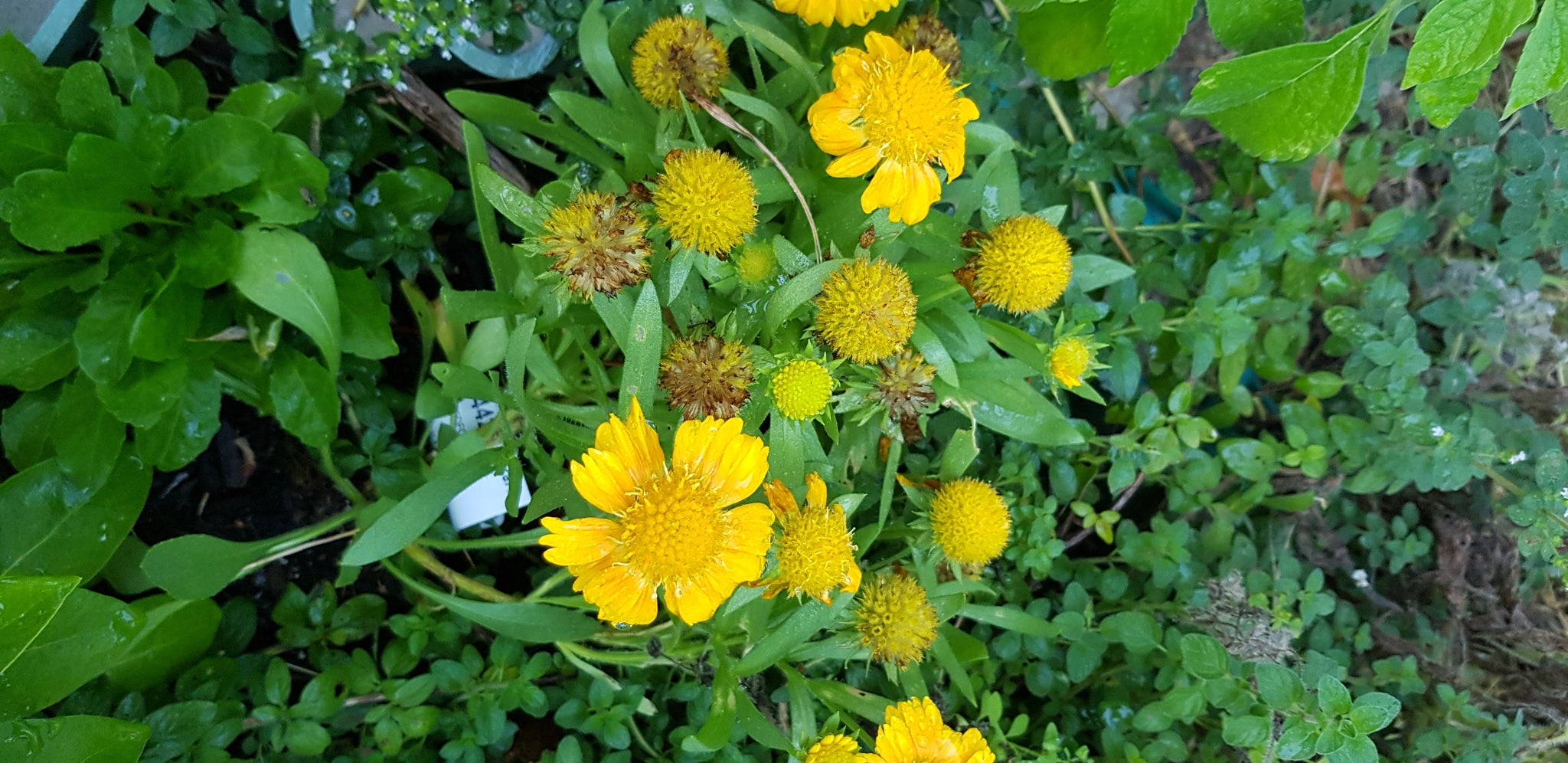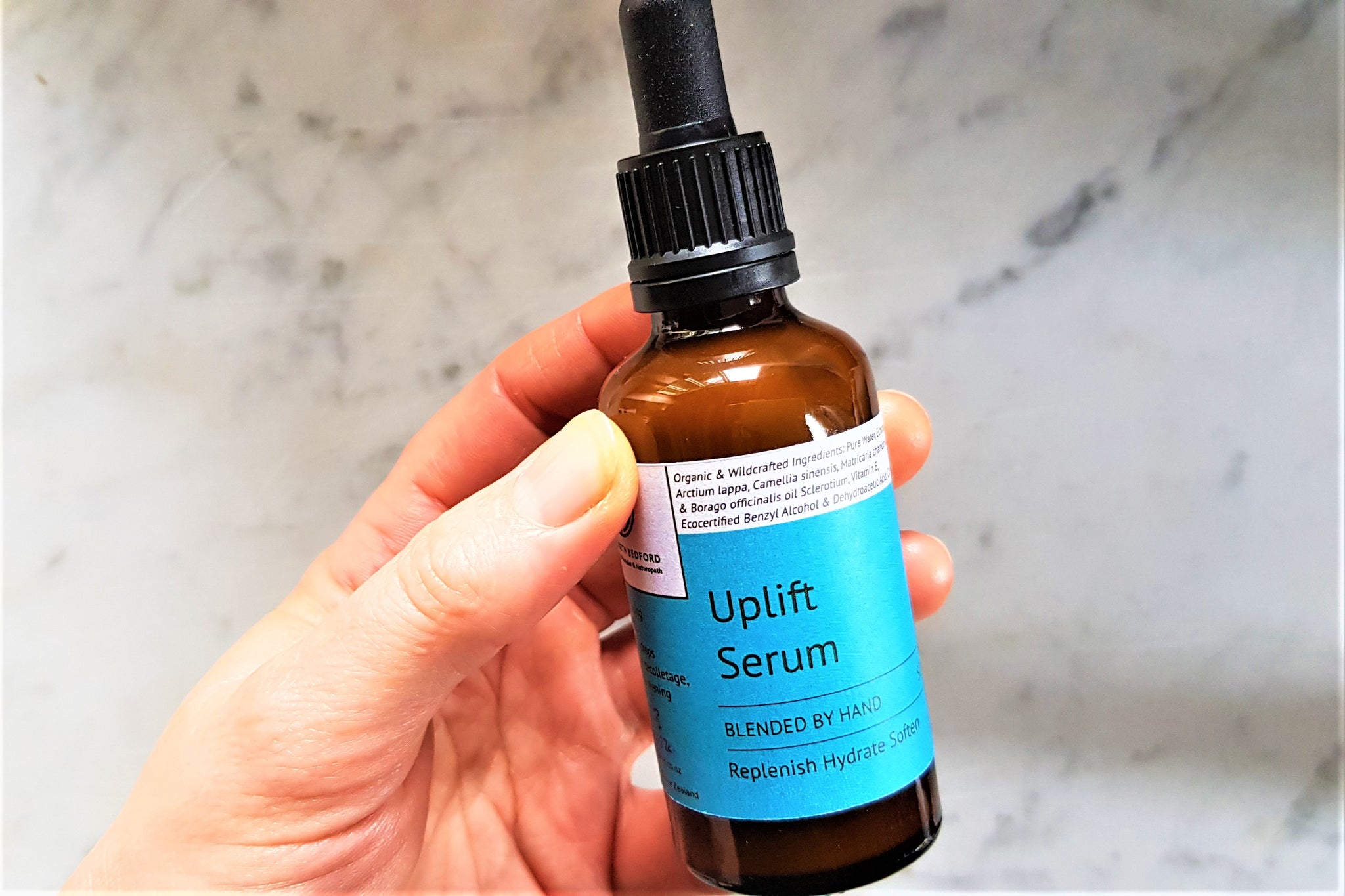
I’m a huge advocate of an organic lifestyle and philosophy. But what do I mean by that?
My organic probably isn't your organic. And it might not be your country's organic either. Does choosing organically labelled products mean you’re safe from ‘all the nasties”?
No.
Firstly, the definition of organic varies widely. There isn't a legal definition, so anyone can use it to mean whatever they want.
In many commercial certification programs, it means that certain chemicals can’t be used, and that the products can’t contain pesticide residue.
It doesn’t mean that the soil must be built up and the environment respected and engaged with.
It doesn’t meant that all organic chickens are particularly well-treated
It doesn’t mean that the product you buy hasn’t caused pollution
It doesn’t mean that the product you buy has been made by people treated fairly who can work safely.
But “certified organic” means a heck of a lot more than buying something with “organic” written on it with no proof or understanding of what that means - because legally, it doesn’t mean anything.
Maybe it means that they charge you extra for putting the word on the pack. Well, almost certainly.
I believe that organic status should be the starting point in your buying decisions, not the finish line.
I believe that spending money should be done with awareness. What does organic mean for the product you're buying? If it isn’t certified, what guarantee do you have that ithe word on the packet means anything?
Is Organic more important to you than Fair Trade?
Is Local more important than Organic?
To me, Organic is a philosophy, meaning to work with nature, not against. To minimise mono-cropping because it benefits nothing and no one except the financial bottom line. To increase insect life, bird life and soil life because without them, life is gone. To work with the local environment, not depend upon greenhouses because that ten requires more inputs and energy expenditure To build soil, not use hydroponics, because more and more research shows us that the health benefits of foods rely on soil health.
A lot of this is incompatible with commercial products, in today's world. It’s not surprising that many brands fall short for me.
I prefer to buy in Farmers markets from people I can interact with, but I don’t always get the time for this, so I have to ask myself many of these questions.
This picture? It's what I found in half a bucket of purchased compost. Is plastic organic? It’s hard to see how it could be considered to be so. We know that plastic leaches chemicals. We know that these chemicals can alter mammal- including human- hormone and DNA function. We know that plastic kills marine life, birds and insects.
So why is it in this organic compost?
A huge amount of organic products are sold in supermarkets swathed in plastic. Is it better to buy non-organic, un-wrapped cabbages?
I’m sorry- I don’t have an answer for you. There’s no tidy conclusion to this blog, because there is no tidy answer. All I can recommend is that you educate yourself, ask questions, decide what matters to you, and think. Always think.


